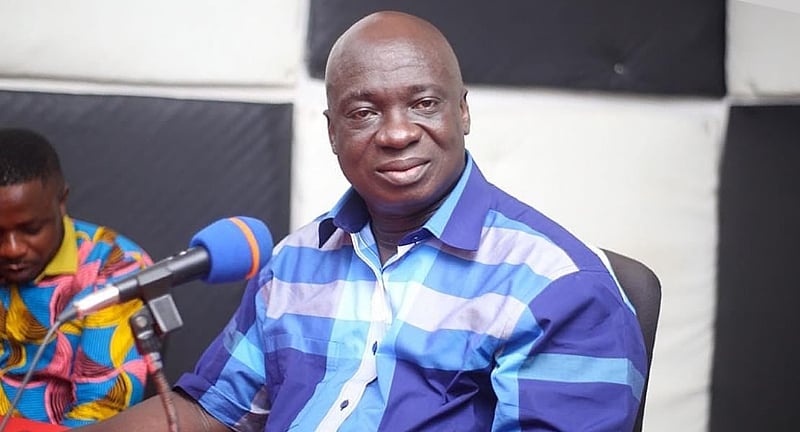Kwaku Asante-Boateng, the Member of Parliament for Asante Akim South, has raised critical concerns regarding the New Patriotic Party’s (NPP) reluctance to take decisive action against illegal mining, popularly known as galamsey. His observations suggest that the government’s hesitance stems from a fear of losing the upcoming December 7 elections. Asante-Boateng highlights that the NPP’s previous firm stance against galamsey prior to the 2020 elections played a significant role in their defeat within mining-rich constituencies. This complex interplay between electoral politics and environmental issues sheds light on why the current administration is cautious about implementing a blanket ban on all forms of mining, particularly as it tries to navigate voter sentiments in areas heavily affected by illegal mining activities.
In his remarks to journalists, Asante-Boateng candidly expressed that the fear of electoral repercussions may be influencing the government’s decision-making process. He pointed out that any political party, including his own, could be susceptible to such concerns when it comes to the delicate balance of maintaining voter support and addressing important environmental and regulatory issues. The MP recalled the outcome of the 2020 elections, where the NPP lost all parliamentary seats in mining districts after attempting to control illegal mining practices. This experience has likely instilled a cautionary approach in the current government, which is trying to avoid similar scenarios in the forthcoming elections.
The situation reveals a broader challenge within the political landscape of Ghana, where the nexus of governance, environmental policy, and electoral politics often leads to conflicting priorities. Asante-Boateng noted that the cry for a ban on illegal mining is substantial in these regions, which makes the government’s hesitation even more pronounced. The MP insinuated that while the need for regulation is clear, the government’s fear of electoral backlash may impede progress toward more effective mining regulations. This dynamic raises questions about the extent to which political parties prioritize environmental considerations versus electoral viability.
Moreover, Asante-Boateng’s comments underscore the complexities of governance in settings where natural resource exploitation, such as mining, has significant socio-economic implications. The reliance on mining by local communities means that any immediate action taken against illegal operations could jeopardize livelihoods, adding another layer of difficulty for politicians. This predicament necessitates a nuanced approach that balances the urgency of addressing illegal mining with the need to maintain local support, leading to the current stalemate where political considerations overshadow necessary environmental actions.
As Ghana approaches the December elections, the pressure mounts for the NPP to strike a balance between addressing illegal mining and securing votes. Asante-Boateng’s articulation of these fears reveals the burdens faced by political leaders who must navigate public opinion while adhering to the rule of law and sustainability. His assertion that the fear of losing power is delaying necessary actions against galamsey reflects a critical truth about the influence of electoral politics on governance. As Ghana grapples with the challenges of illegal mining, the implications of these political calculations will resonate long after the elections.
In summary, Kwaku Asante-Boateng’s insights bring to light the intricate relationships between illegal mining, political strategy, and electoral outcomes in Ghana. The reluctance of the NPP government to impose strict measures against galamsey is not solely a matter of policy but is deeply intertwined with fears of electoral defeat. As political parties consider their approaches to contentious issues like mining, the challenge remains to ensure that the governance decisions made in the present do not sacrifice a sustainable future for the sake of short-term electoral rewards. As the political landscape evolves leading up to the elections, the resolutions to these challenges will significantly impact the environment and communities dependent on mining.














